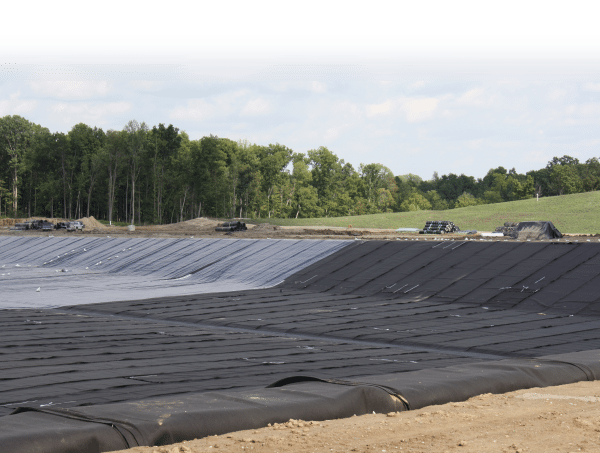
Today we are going to walk through some of the basics of Land Disposal Restriction rules.
The regulatory citations at 40 CFR § 268 controls the disposal of any waste that is placed on the land. This includes underground injection, waste piles, surface impoundments, and landfills. These regulations impact all hazardous waste through wither administrative or technical requirements.
The basis for LDR is to protect the ground water. This is achieved by the rules in 40 CFR which established concentration based standards for land disposal in addition to management/engineering controls.
There are four types of treatment standards:
- Total waste standards (totals analysis)
- Waste extract standards (TCLP Analysis); or
- Specified technology standards (specify a treatment technology by five letter code rather than constituent concentration)
- Alternative treatment standards
Concentration-based universal treatment standards (UTS) specify a single numerical treatment standard for each organic, metal, and cyanide constituent, regardless of the type of waste, that must be met prior to land disposal.
Treatment standards are based on best demonstrated available technology (BDAT). That means that the treatment standards are not health or risk-based, they are dependent upon the best available technology. It is also important to note that LDR treatment standards attach at the point of initial generation.
The “point of generation” is the point at which the waste is first generated, not the point at which it exits a management system. For characteristic wastes, each “change of treatability group” can mark a new point of generation for making an LDR determination (e.g. separation of solids in wastewater treatment).
All this said, there are some general exclusions to the LDR regulations including:
- Conditionally Exempt Small Quantity Generators (CESQGs) – these will generate 100 kilograms or less per month of hazardous waste, or 1 kilogram or less per month of acutely hazardous waste.
- Waste pesticides and residues that farmers dispose of on their own property.
- Selected low volume de minimus losses and laboratory wastes discharged to land based wastewater treatment facilities.
As always, remember that this blog is not intended to serve as an all-inclusive guide to standards. It is always best to check with local government and 40 CFR for the most up-to-date information.
More News From Heritage
-
12/2/24
Heritage Environmental Services Announces Rachel Evans as Chief Human Resources Officer
Heritage Environmental Services announced today that Rachel Evans will join the organization as Chief Human Resources Officer.
-
11/26/24
Honoring Teresa Wade: A Legacy of Dedication to Wreaths Across America
Celebrate Teresa Wade's legacy at Heritage Environmental and her dedication to Wreaths Across America. Learn her story and how you can honor veterans
-
11/14/24
Bright Futures Begin Lead-Free: Reducing Lead Exposure Together
Learn about lead decontamination, disposal processes, and join us in creating a lead-free future.
-
11/11/24
Celebrating Our Veterans at Heritage Environmental Services
-
10/31/24
Heritage Environmental Services Secures Commercial Permit Status for Orange, TX Incinerator
Learn more about Heritage Environmental Services securing a commercial permit for its Orange, TX incinerator, expanding waste disposal solutions.
-
10/14/24
Heritage Environmental Services Announces Timothy Thomas as Chief Operating Officer
Heritage Environmental Services (“HES”), an EQT Infrastructure portfolio company, announced today that Timothy Thomas will join the organization as Ch
-
10/1/24
Heritage Environmental Services Complete Acquisition of EBV from General Dynamics
Heritage Environmental Services, an EQT Infrastructure portfolio company, has completed the acquisition of EBV from General Dynamics.
-
7/31/24
PFAS Regulations: Is 6 the Magic Number?
Learn more about the current and proposed regulation for PFAS and what they mean from our Chief Sustainability and Innovation Officer, Angie Martin.








